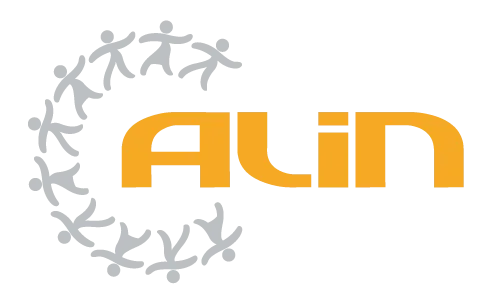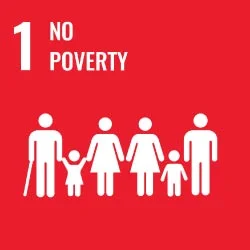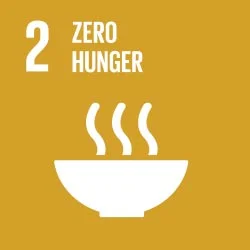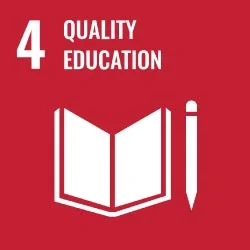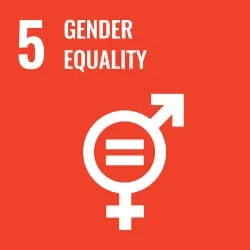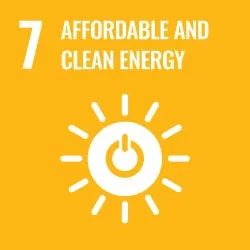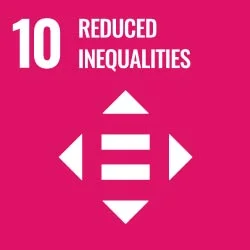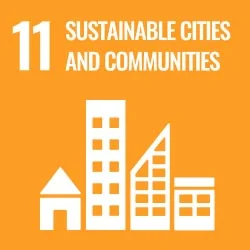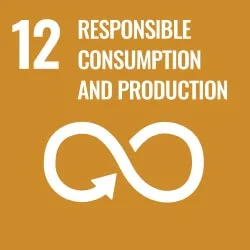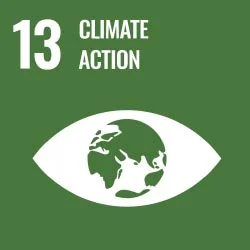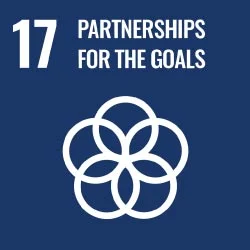RACHEL: Bringing the power of online learning to offline environment
Digital transformation
Laikipia
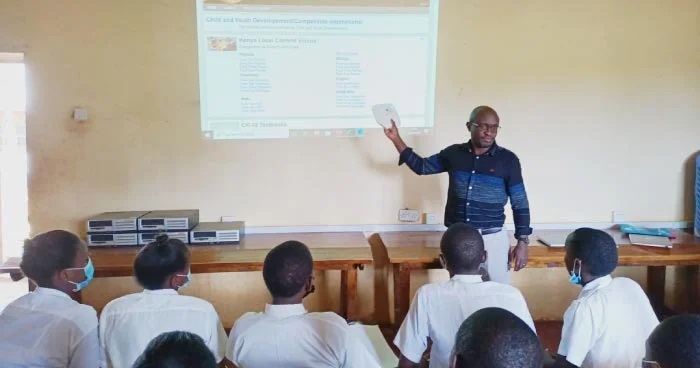
This project aimed to bridge the digital divide and improve access to quality education for students in remote areas by providing them with offline access to educational resources through the Remote Area Community Hotspot for Education and Learning (RACHEL) platform. This initiative directly addressed Sustainable Development Goal 4 (SDG 4), which calls for inclusive and equitable quality education and lifelong learning opportunities for all.
The project pilot RACHEL servers in four schools and the Ng'arua Maarifa Centre, providing offline access to a wide range of educational content, including KA Lite, Wikipedia for Schools, Moodle, GCF LearnFree.org, PhET, Blockly Games, and other materials developed by the Kenya Institute of Curriculum Development (KICD). This significantly expanded the learning resources available to students in these areas, who currently face limited connectivity and insufficient awareness of Open Educational Resources (OER).
The project also addressed the underutilization of computer labs and school laptops by providing teachers with training on how to incorporate RACHEL technology and content into their classrooms. Additionally, teachers and facilitators were trained on how to create access, re-use, repurpose, adapt, and redistribute digital content to learners. This further enhance the learning experience for students and empower teachers to effectively utilize technology in their teaching practices.
By providing offline, access to quality educational resources and building capacity among teachers and facilitators, this project significantly improve access to education for students in remote areas, contributing to the achievement of SDG 4.

